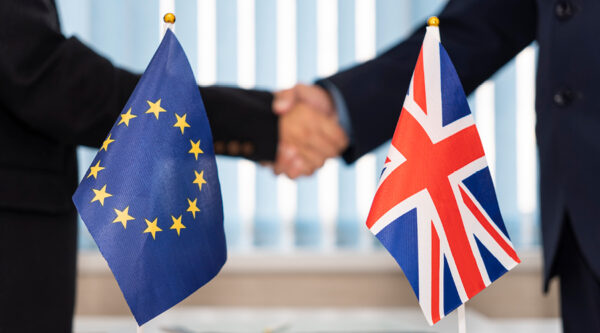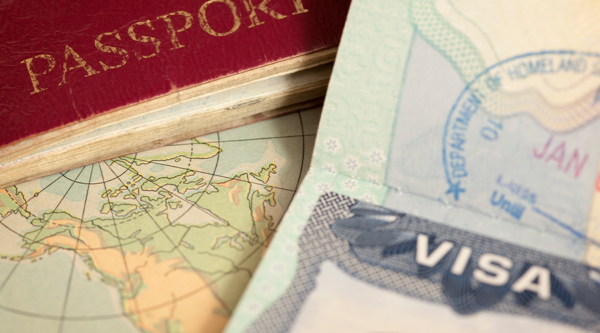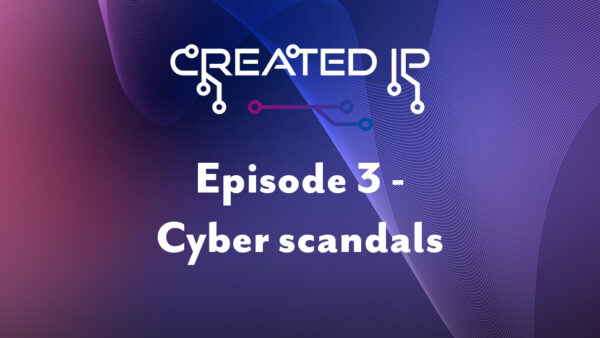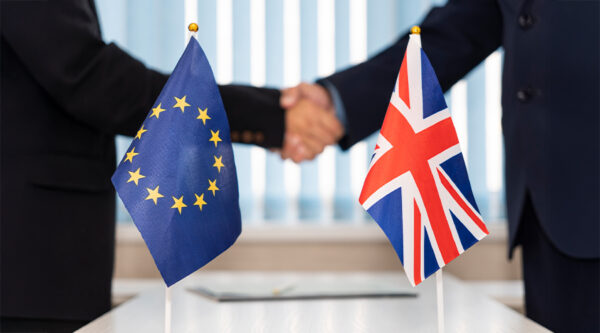
International intellectual property: updates for your business to be aware of in 2024
5 February 2024

Artificial intelligence (AI) is one of the key drivers of legislative change, so we’ve included a few thoughts below on some interesting international developments from 2023.
US: copyright authorship and infringement may be impacted by AI
For material to be copyrightable, it must have some form of human creativity, and copyright applicants have a duty to disclose when works include some AI-generated material. New arguments are being made that AI training may infringe the works upon which the AI is trained. While litigation in this area is ongoing, it remains an open question whether use for training is fair use or infringement.
US: rights to publicity and the new No Fakes Act
A bipartisan proposal was put forward to protect the name, image and likeness rights of individuals from generative AI in the US. The No Fakes Act aims to hold AI owners and platforms liable for producing authorised digital replicas of an individual. If the No Fakes Act is implemented, it will provide stronger protections for individuals against ever-growing generative AI content.
China: 2023 Outline for Building a Powerful Intellectual Property Country and Implementation Promotion Plan
China’s National Intellectual Property Administration (CNIPA) released the ‘2023 Outline for Building a Powerful Intellectual Property Country and Implementation Promotion Plan’.
Highlights include:
- Promoting the completion of the revision of patent, copyright and trademark regulations in China
- Promoting the formulation and revision of the Anti-Unfair Competition Law and related supporting regulations
- Continuing to optimise the network layout of overseas intellectual property dispute response guidance centres
- Accelerating the improvement of the intellectual property service industry supervision system, improvement of the long-term mechanism for the supervision of the agency industry, and promoting the implementation of credit evaluation management
- Active promotion of the process of joining the Comprehensive and Progressive Agreement for Trans-Pacific Partnership (CPTPP).
US: The Unified Patent Court (UPC) and Patent Trial & Appeal Board (PTAB) processes:
The newly introduced Patent Eligibility Restoration Act of 2023 (PERA) would remove all judicially created exceptions to patent eligibility. Furthermore, the Promoting and Respecting Economically Vital American Innovation Leadership (PREVAIL) Act was recently introduced to reform the PTAB by lessening its ability to invalidate patents and to reduce duplicate litigation. Lastly, since the UPC has been introduced, preliminary injunction requests have been favourable for patentees and have been granted on a quick timeline.
EU: EU proposes new copyright rules for generative AI
The European parliament reached a provisional agreement on the AI Act to regulate emerging AI technology. The regulation aims to ensure fundamental rights, democracy, the rule of law and environmental sustainability are protected from high-risk AI, while boosting innovation and making Europe a leader in the field. Recognising the potential threat to citizens’ rights and democracy posed by certain applications of AI, the co-legislators agreed to prohibit:
- Biometric categorisation systems that use sensitive characteristics, e.g., political, religious, philosophical beliefs, sexual orientation, race
- Untargeted scraping of facial images from the internet or CCTV footage to create facial recognition databases
- Emotion recognition in the workplace and educational institutions
- Social scoring based on social behaviour or personal characteristics
- AI systems that manipulate human behaviour to circumvent their free will
- AI used to exploit the vulnerabilities of people due to their age, disability, social or economic situation.
Note that the AI Act is yet to be formally adopted as EU law.
This article was authored by Jennifer Arkell.










